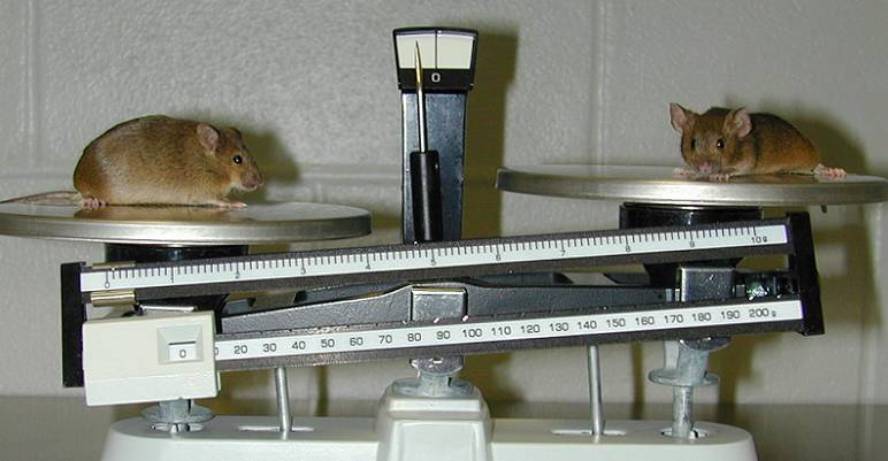Interaction of two separate genes after consistency

According to a study published in the journal Nature, a step has been taken on the road towards the eradication of obesity. Previously, in studies of general genomic interaction it had been seen that a gene, the FTO, is related to obesity. In these studies it was also determined that the variants of a certain zone (intron) of the non-coding region of this gene were responsible for it, that is, that the people who suffer have a greater propensity to obesity. Now, an international team of researchers has clarified which region of the genome affects this intron of the FTO gene. In fact, they have found that it affects the expression of the IRX3 gene, a gene located hundreds of thousand pairs of FTO bases.
“Our data clearly indicates that the IRX3 gene controls and regulates body mass and composition,” says Marcelo Nobrega, professor at the University of Chicago and author of the study. Therefore, “if there is a relationship between the FTO gene and obesity is because this gene affects IRX3,” he said. This interaction has been observed in humans, mice and zebra fish.
To reach this conclusion, a million base pairs were analyzed on both sides of the FTO gene and the response of local promoters was observed. Promoters are areas that activate gene expression and researchers found that the intron of the FTO gene associated with obesity had no influence on the engine of the FTO gene. However, when looking at the proctor of the IRX3 gene, they showed that it responds to this intron, which increases its expression.
In order to check the function of the IRX3 gene, mice were designed without this gene, studying their metabolism and body structure. Well, they observed that mice are thinner than normal mice, around 30%, since they accumulate less fat in the body. Despite the diet rich in fat, modified mice did not weigh or accumulate more fat. When applying this diet to normal mice, the weight doubled.





